7 Things I Wish I Had Known Before Visiting Japan For The First Time
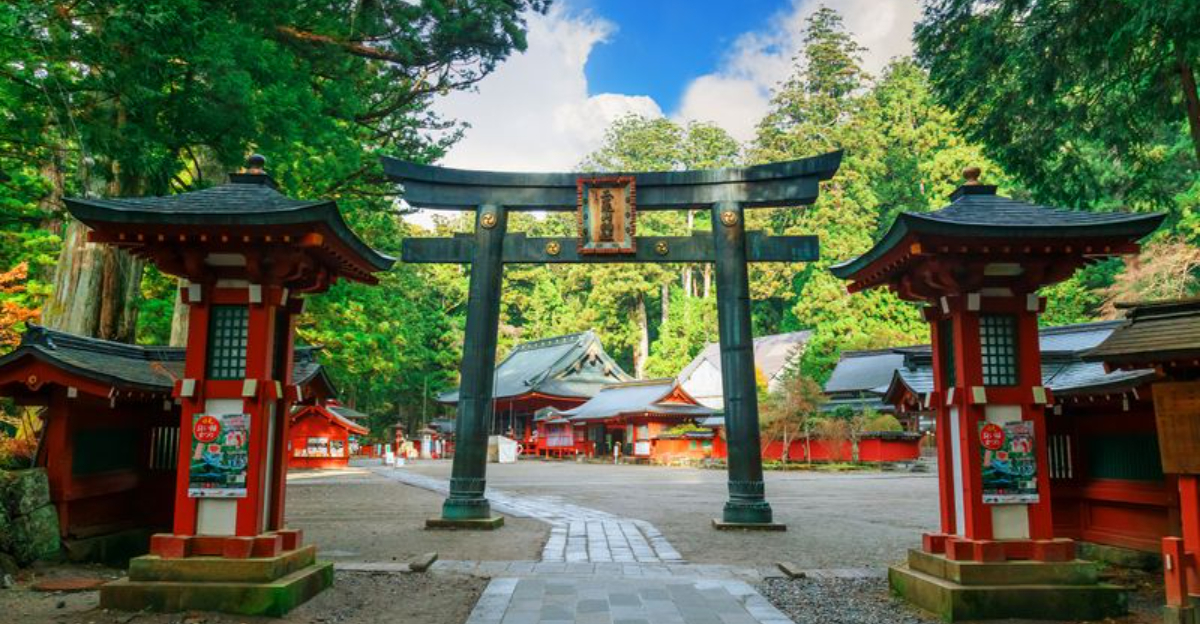
Japan swept me off my feet with its mix of timeless culture and futuristic energy. One minute I was navigating glowing cityscapes, the next I was standing in quiet awe beneath temple gates. It was everything I hoped for—and more.
But between language gaps, overbooked days, and a few tech hiccups, I learned some hard travel lessons along the way. If you’re planning your first visit, here’s what I wish I’d figured out before touching down.
1. Not Learning Basic Japanese Phrases
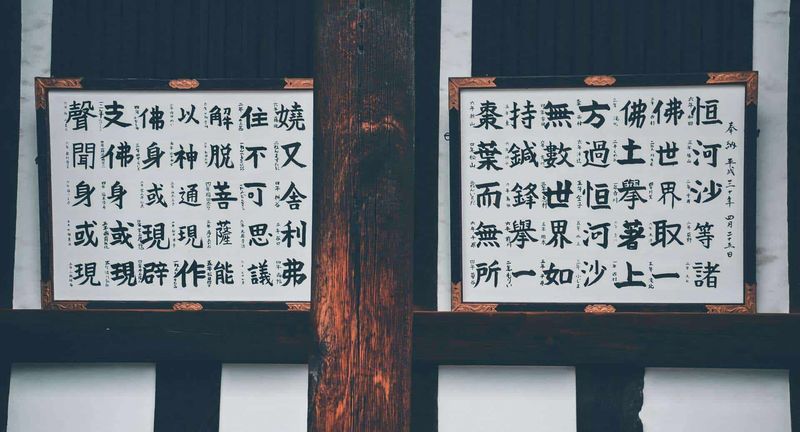
Pointing and smiling only gets you so far when you’re trying to order that special ramen you saw on YouTube. A few key phrases would’ve saved me countless awkward moments.
In Japanese culture, even attempting their language shows respect. Simple words like ‘arigatou’ (thank you) and ‘sumimasen’ (excuse me/sorry) opened more doors than my trusty translation app ever could.
2. Underestimating The Importance Of Cash
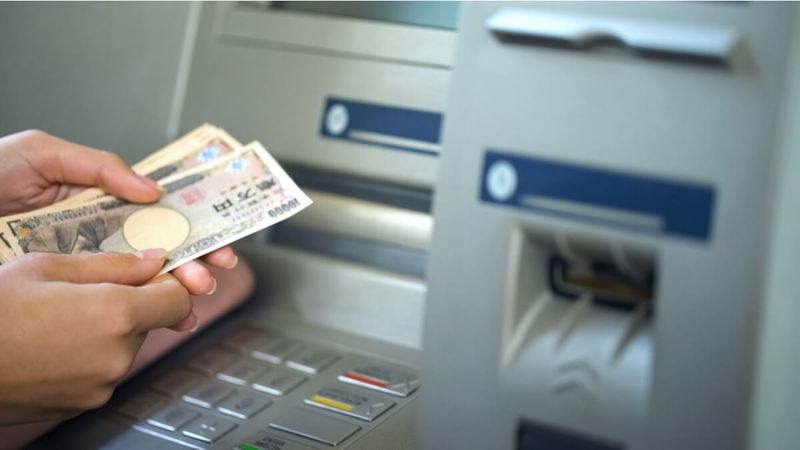
My wallet full of credit cards became almost useless in many situations. Despite being technologically advanced, many small shops and restaurants operate cash-only.
Japanese society still runs largely on physical currency. I wasted precious vacation time hunting for ATMs that accept foreign cards. Always keep ¥10,000-20,000 (about $70-140) handy for daily expenses, especially in rural areas.
3. Booking Too Many Cities In Too Little Time
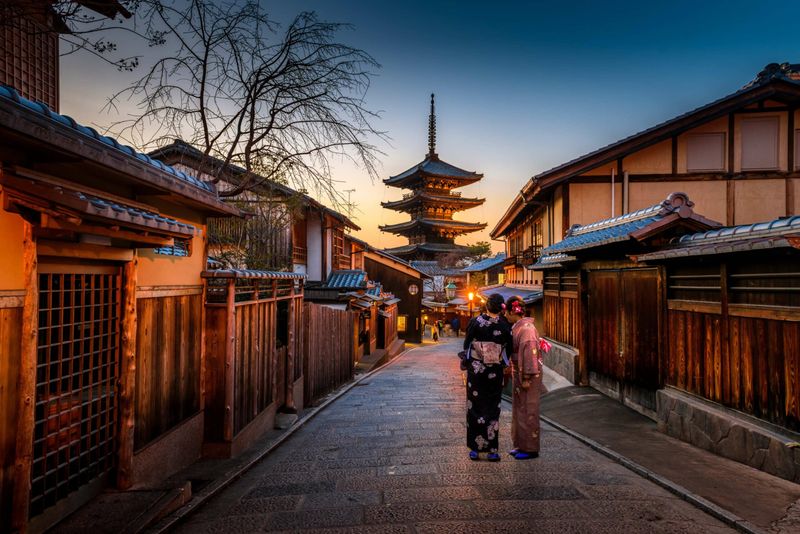
Racing through six cities in ten days left me exhausted rather than exhilarated. My ambitious itinerary meant more time on trains than actually experiencing places.
The Japanese landscape deserves patience. Spending three full days in Kyoto allowed me to discover hidden temples and gardens I would’ve missed. Quality over quantity makes for memories that actually stick, not a blur of rushed experiences.
4. Ignoring Local Etiquette (Especially On Trains)
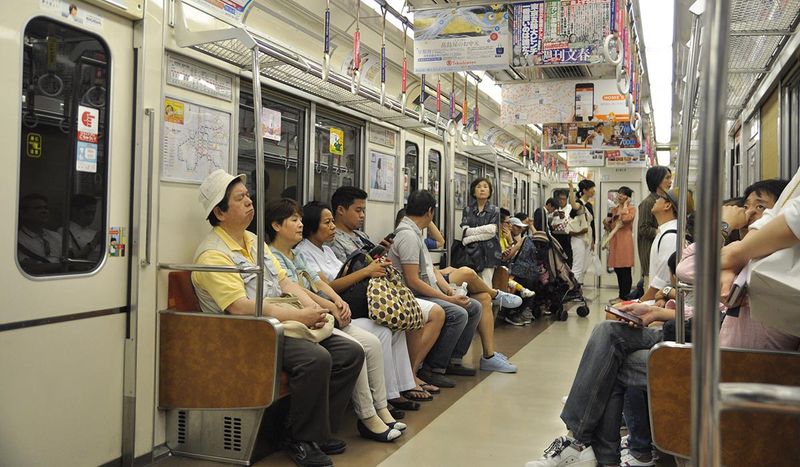
My loud phone conversation earned disapproving glances from every passenger in the train car. Silence is golden on public transportation here.
The Japanese value consideration for others above all. Speaking quietly, not eating on city trains, and giving up seats for elderly passengers aren’t just nice gestures – they’re expected behaviors. Following these unwritten rules made my later journeys much more pleasant.
5. Not Pre-Ordering A Pocket Wi-Fi Or SIM Card
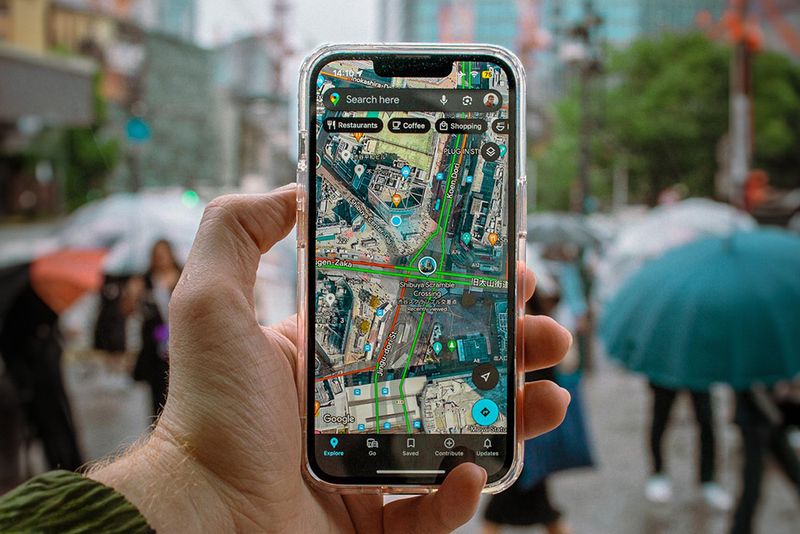
My first day became a navigation nightmare when I couldn’t access maps or translation apps. Free Wi-Fi isn’t as widespread as I’d assumed.
Connectivity is crucial for navigating Japanese cities. Pre-ordering a pocket Wi-Fi device for airport pickup saved me during the rest of my trip. It helped with everything from finding hidden restaurants to translating signs and menus on the fly.
6. Visiting Only The Major Tourist Spots
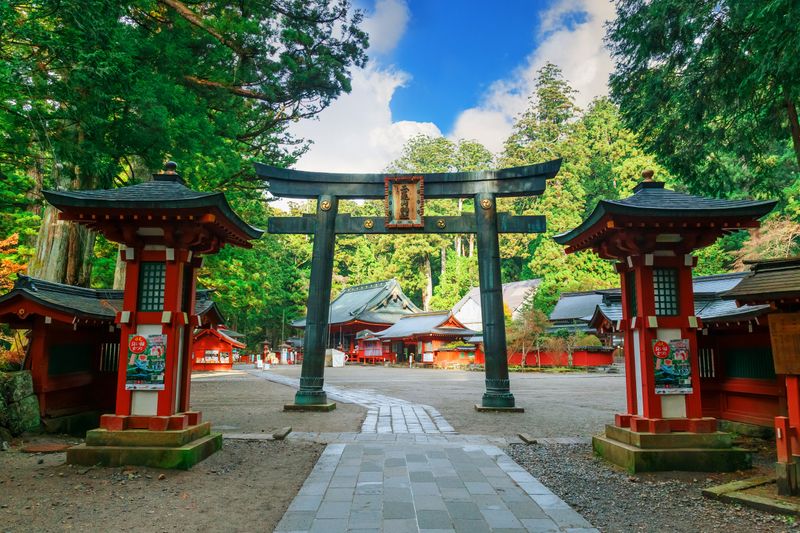
Standing shoulder-to-shoulder with hundreds of tourists at Senso-ji Temple wasn’t the authentic experience I’d dreamed about. The real magic happened when I ventured off the beaten path.
A local recommended a tiny neighborhood shrine with no tourists in sight. The peaceful atmosphere and unexpected chat with the caretaker became one of my favorite memories. Sometimes the best discoveries aren’t in any guidebook.
7. Not Understanding The Train System Before Arrival
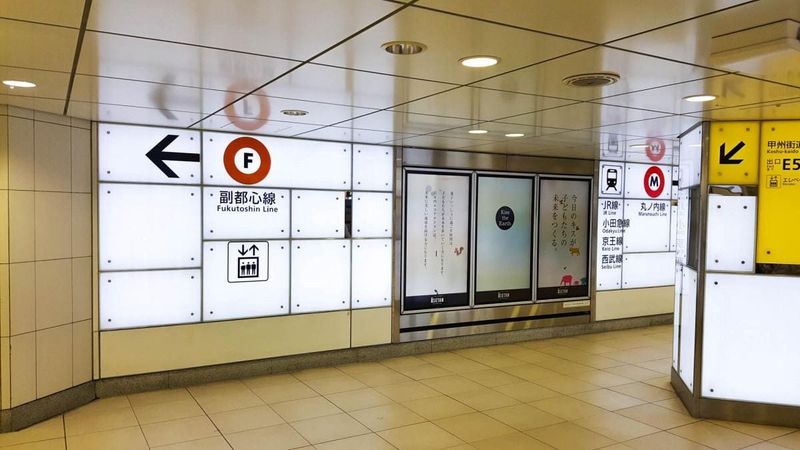
The colorful spaghetti of Tokyo’s subway map reduced me to tears on day one. Different companies operate different lines, and not all passes work everywhere.
Spending an hour studying the basics would have saved me stress and money. The Japan Rail Pass is fantastic for long distances but overkill for city exploration. Learning to distinguish between JR, subway, and private lines before arriving makes all the difference.
